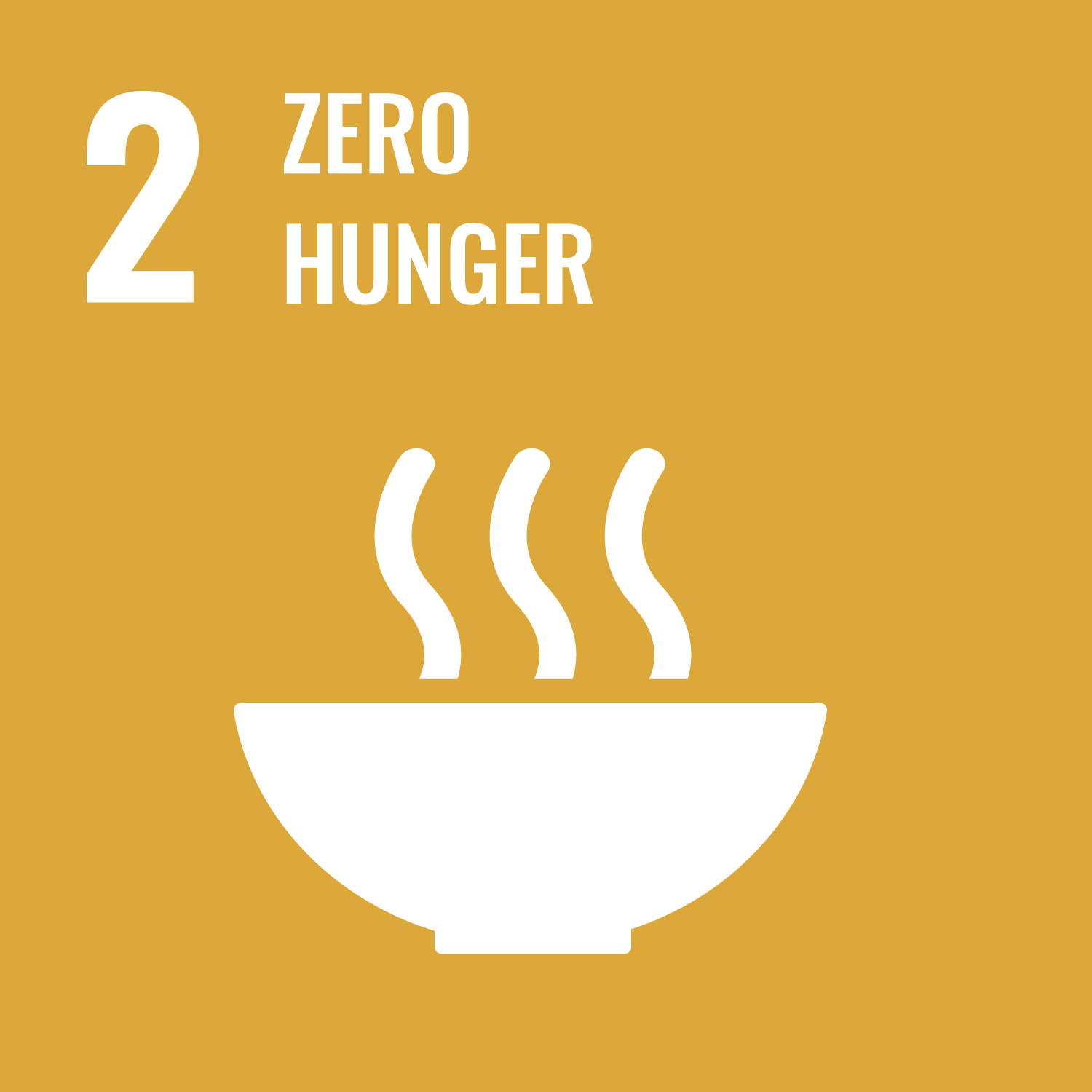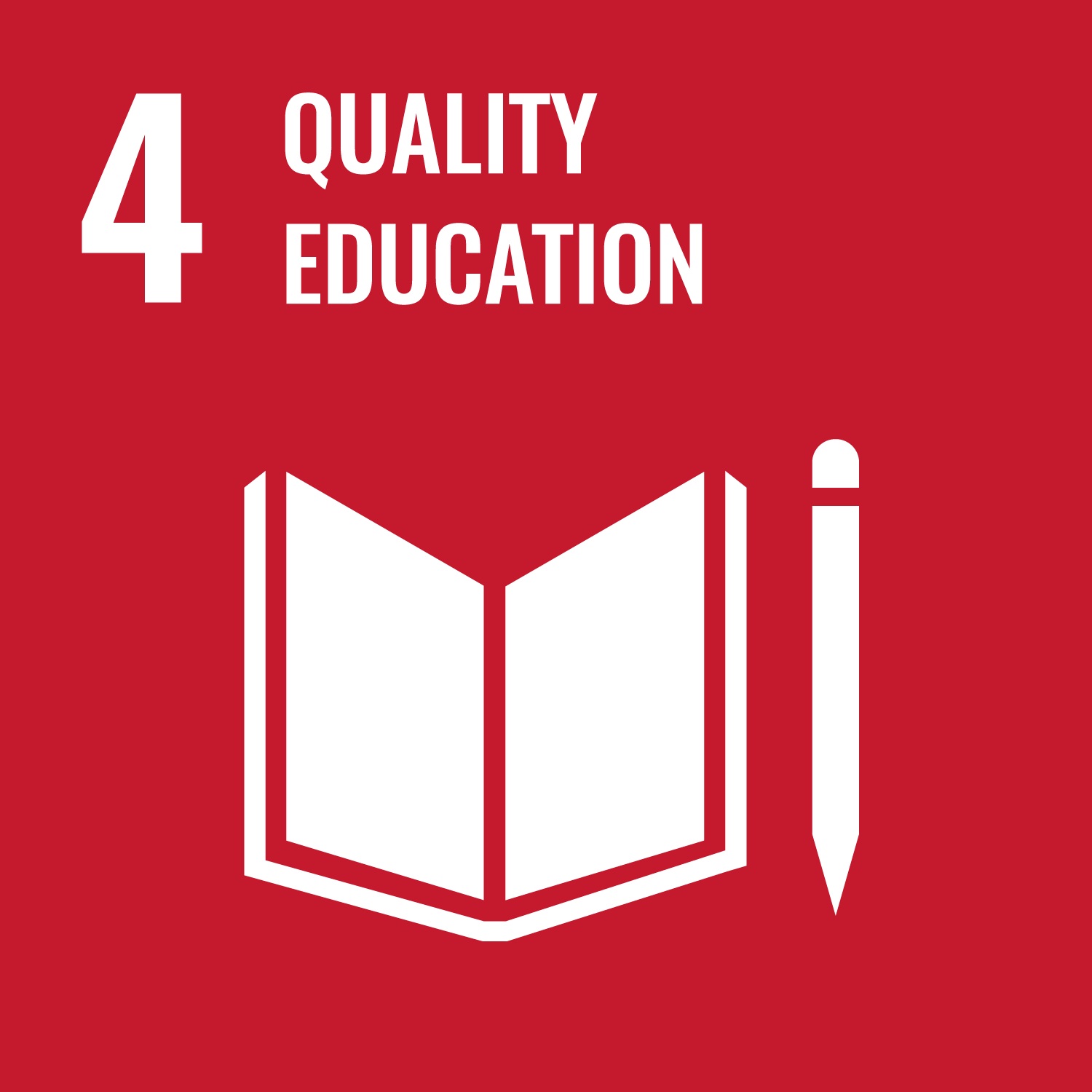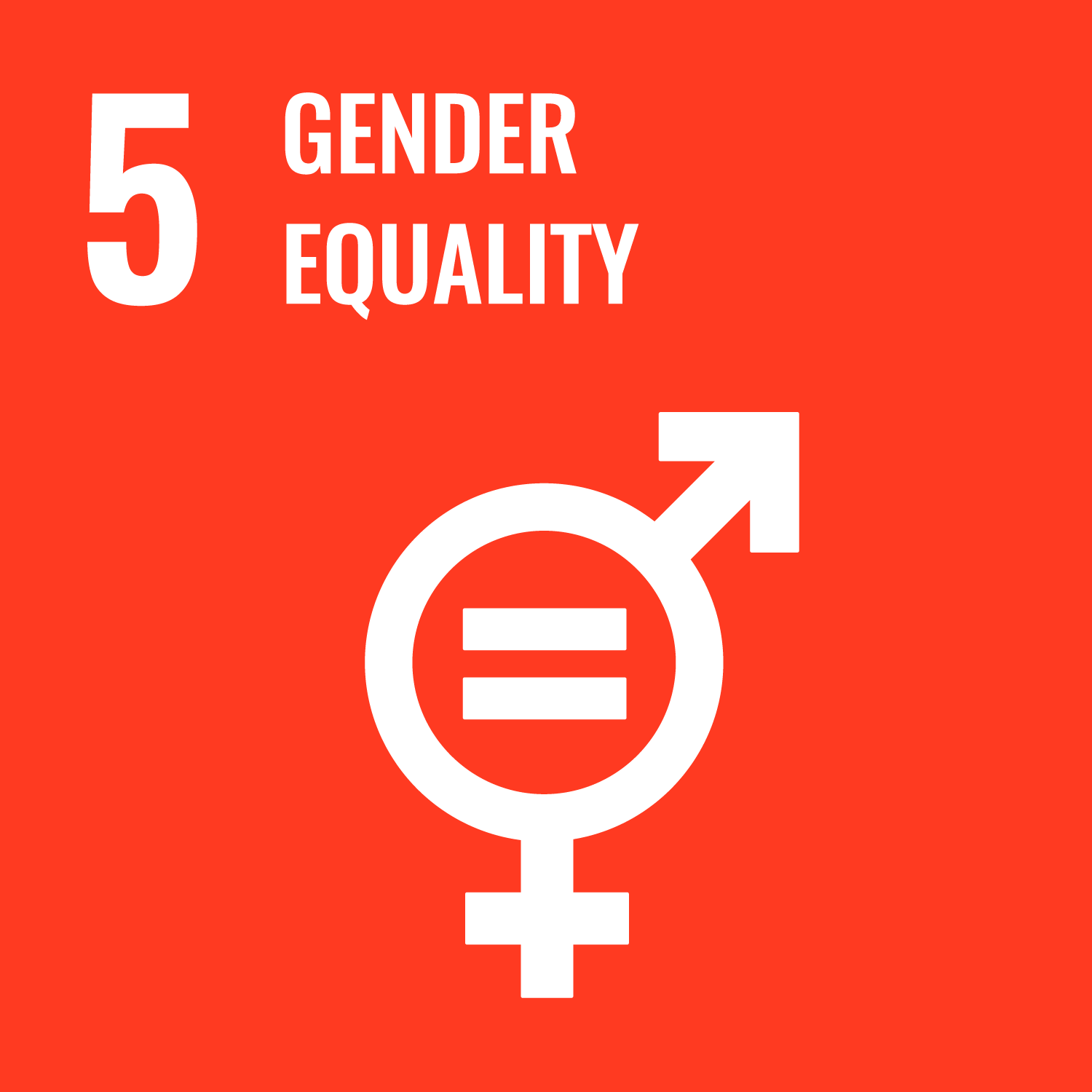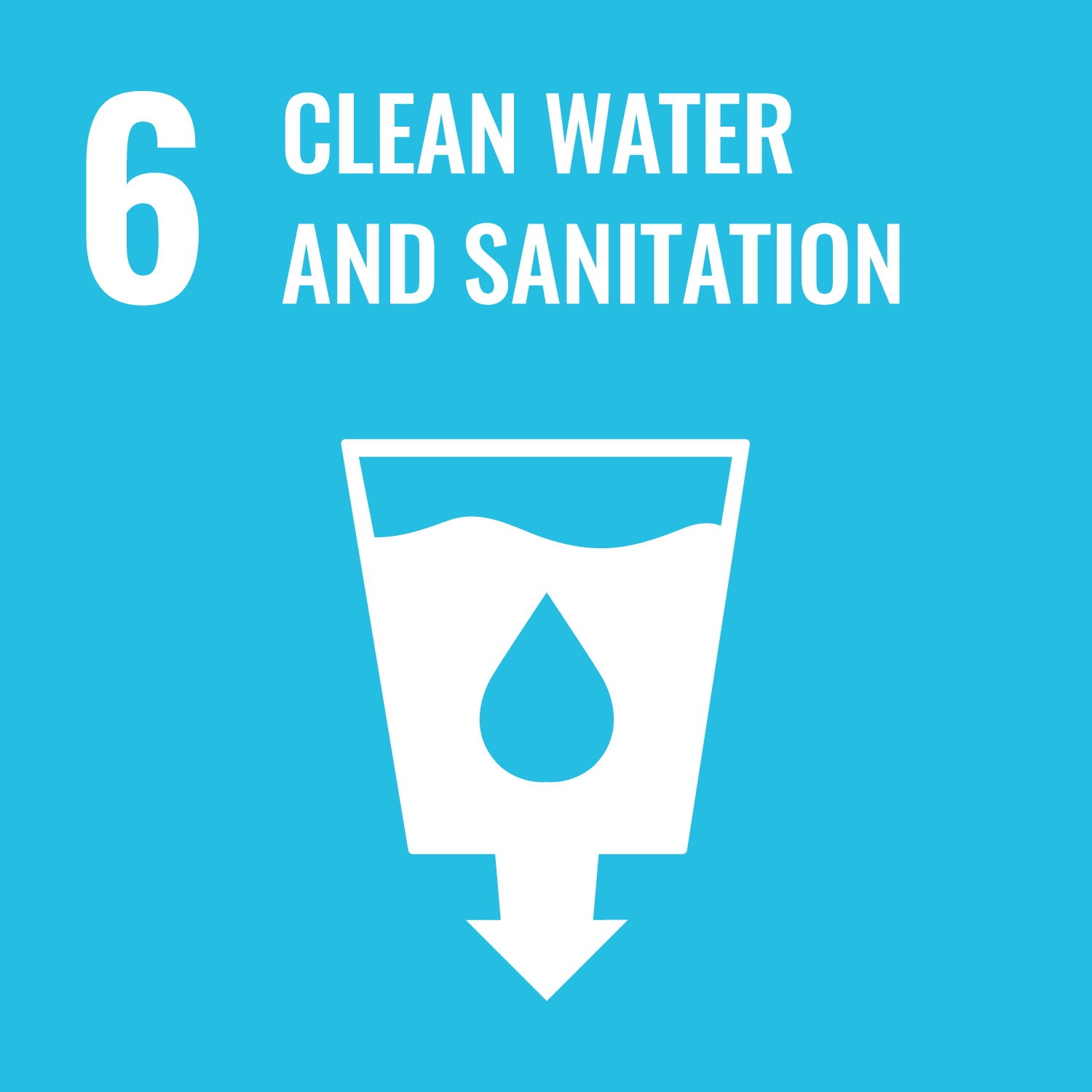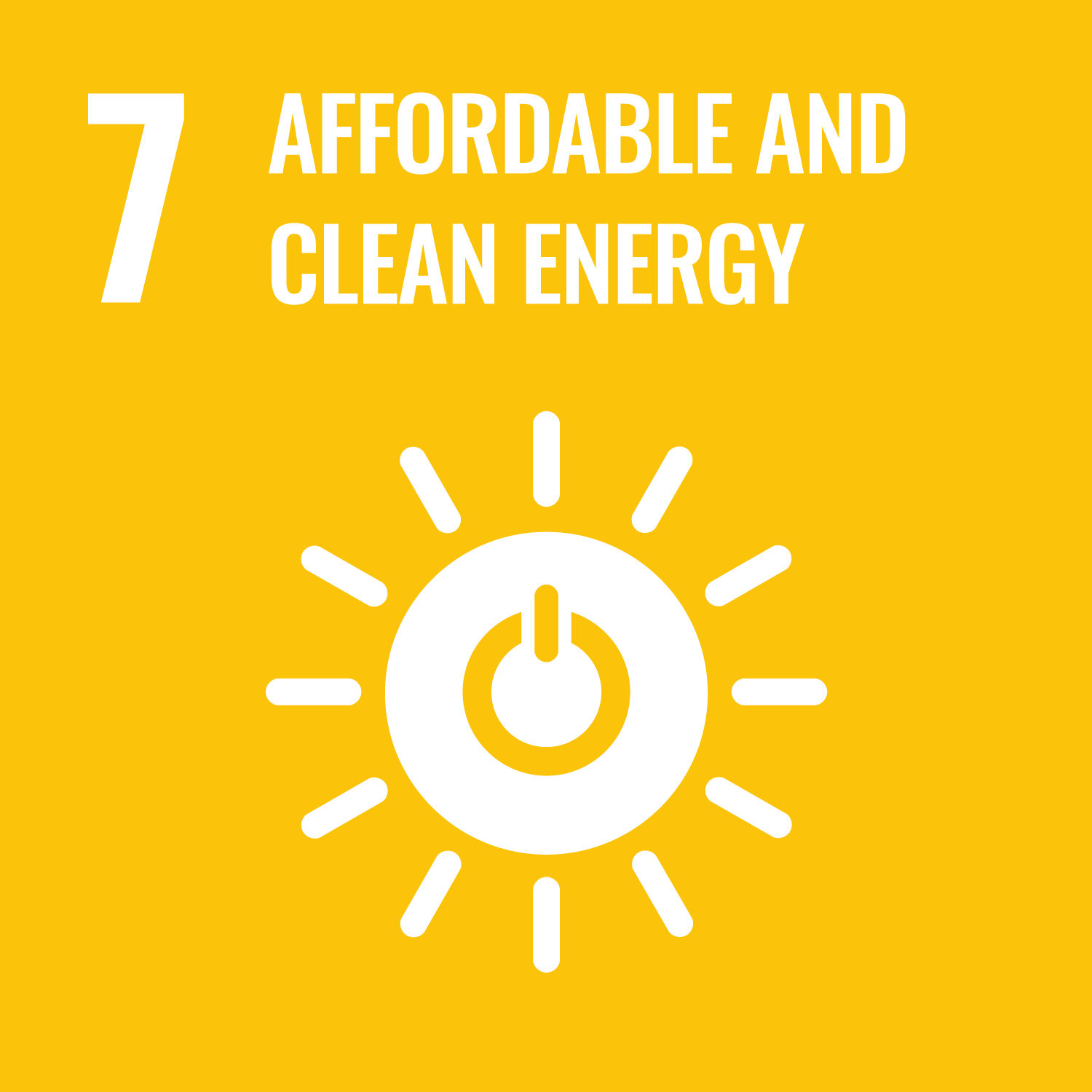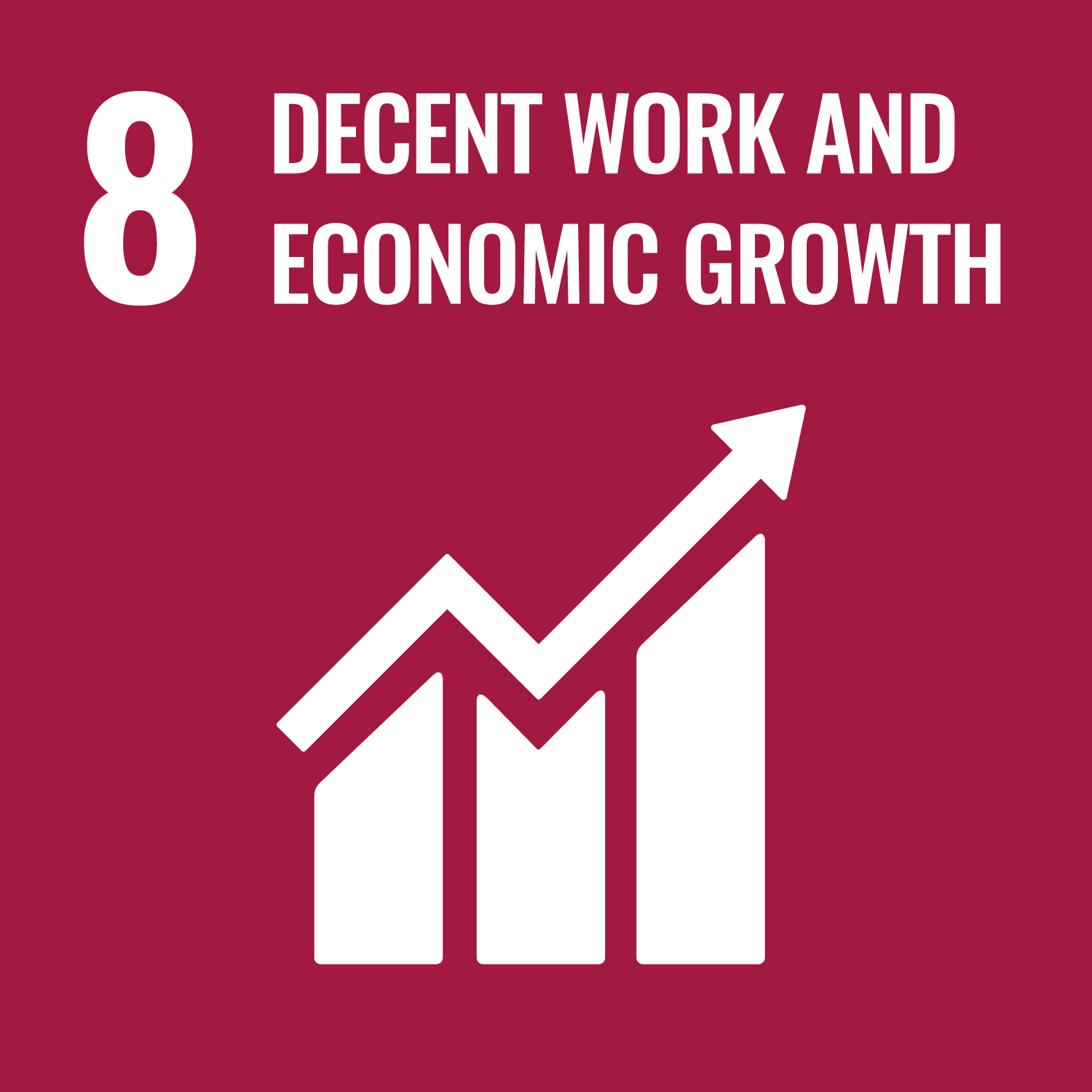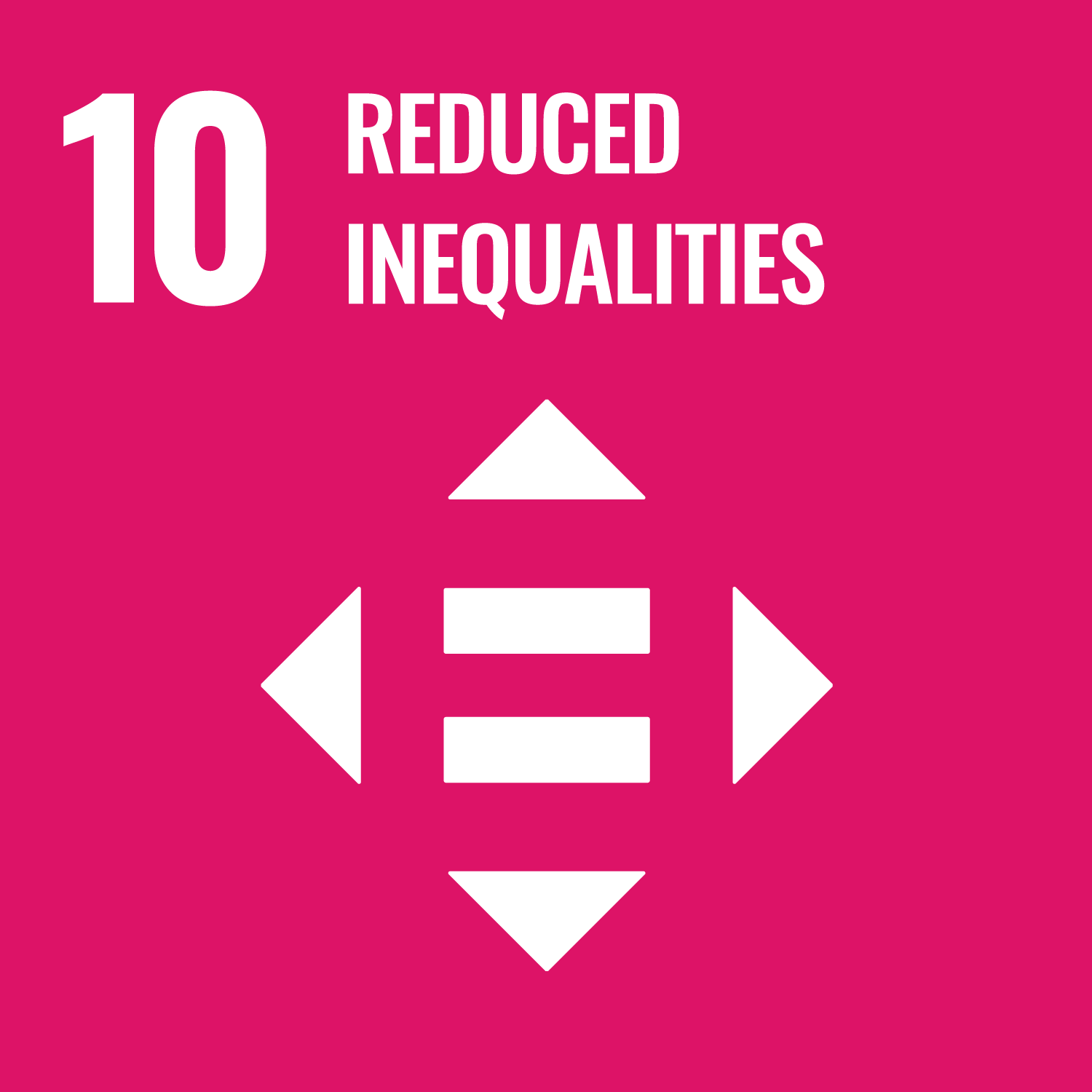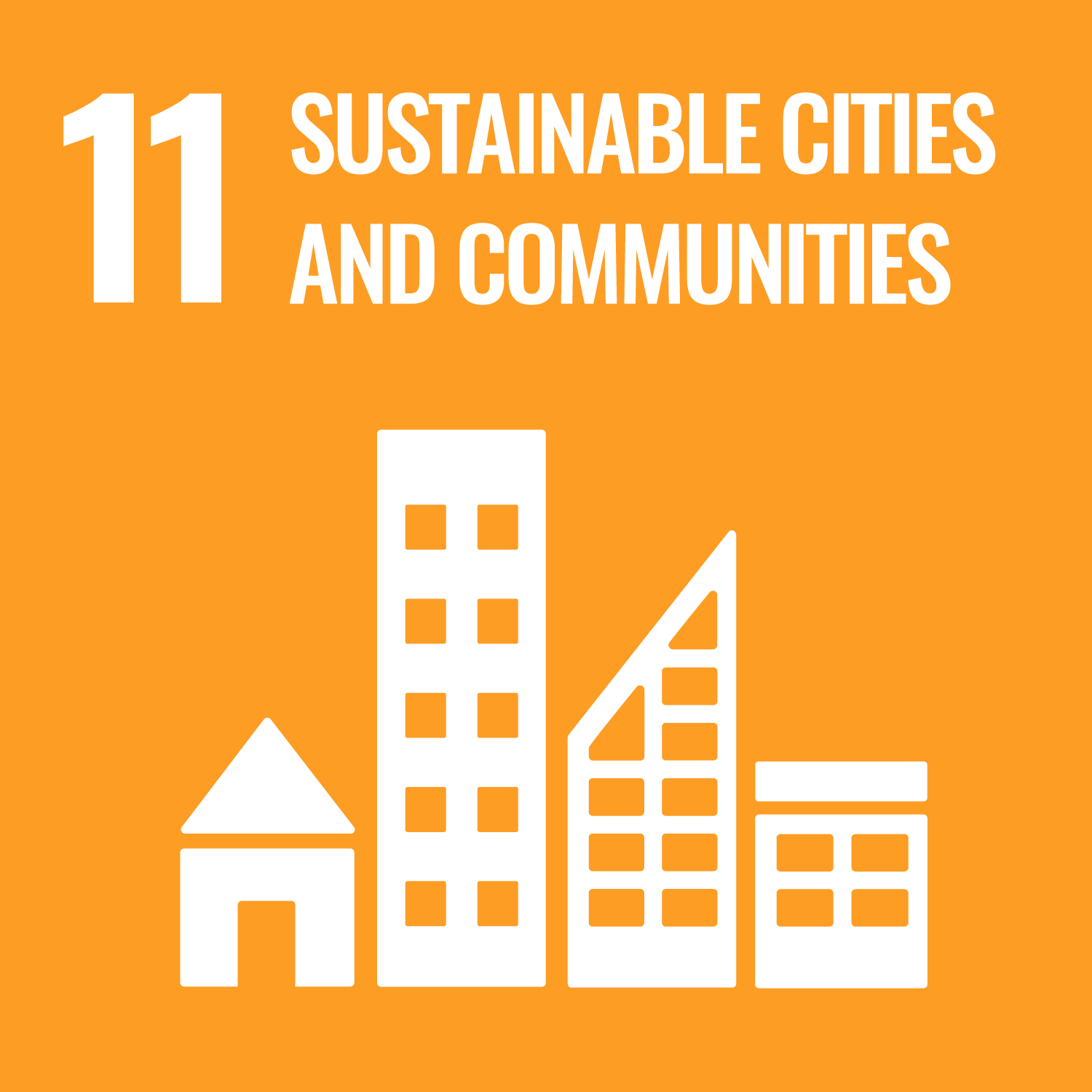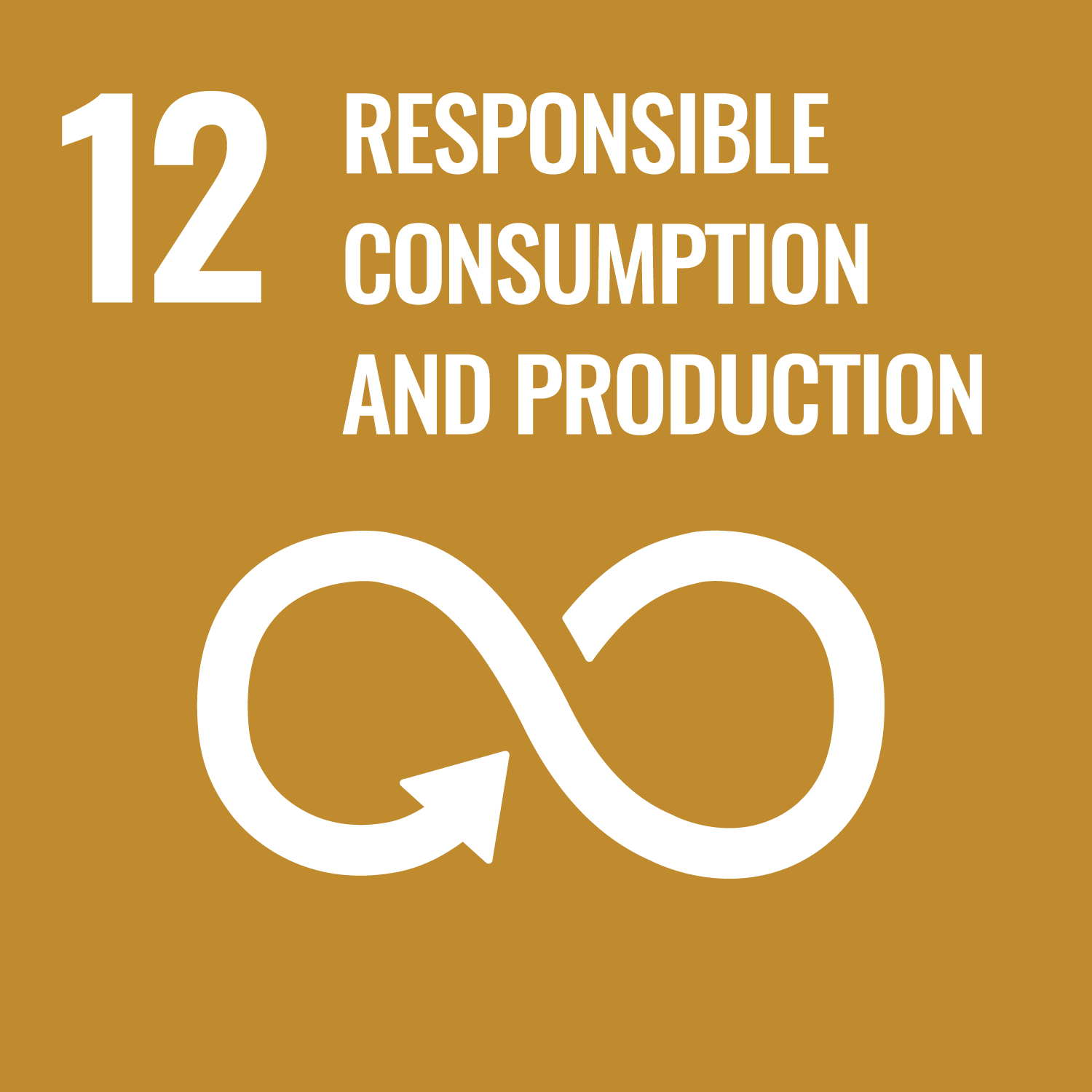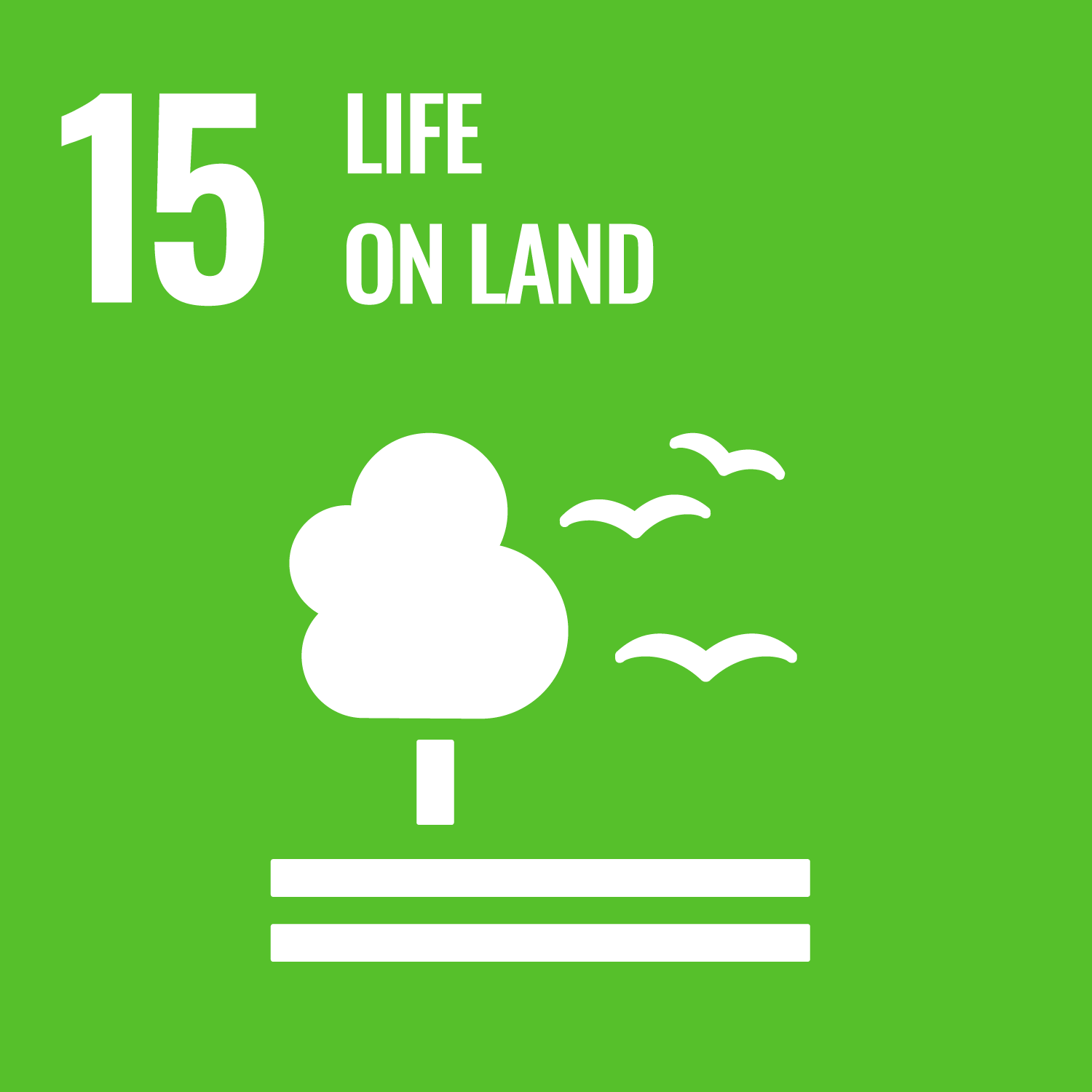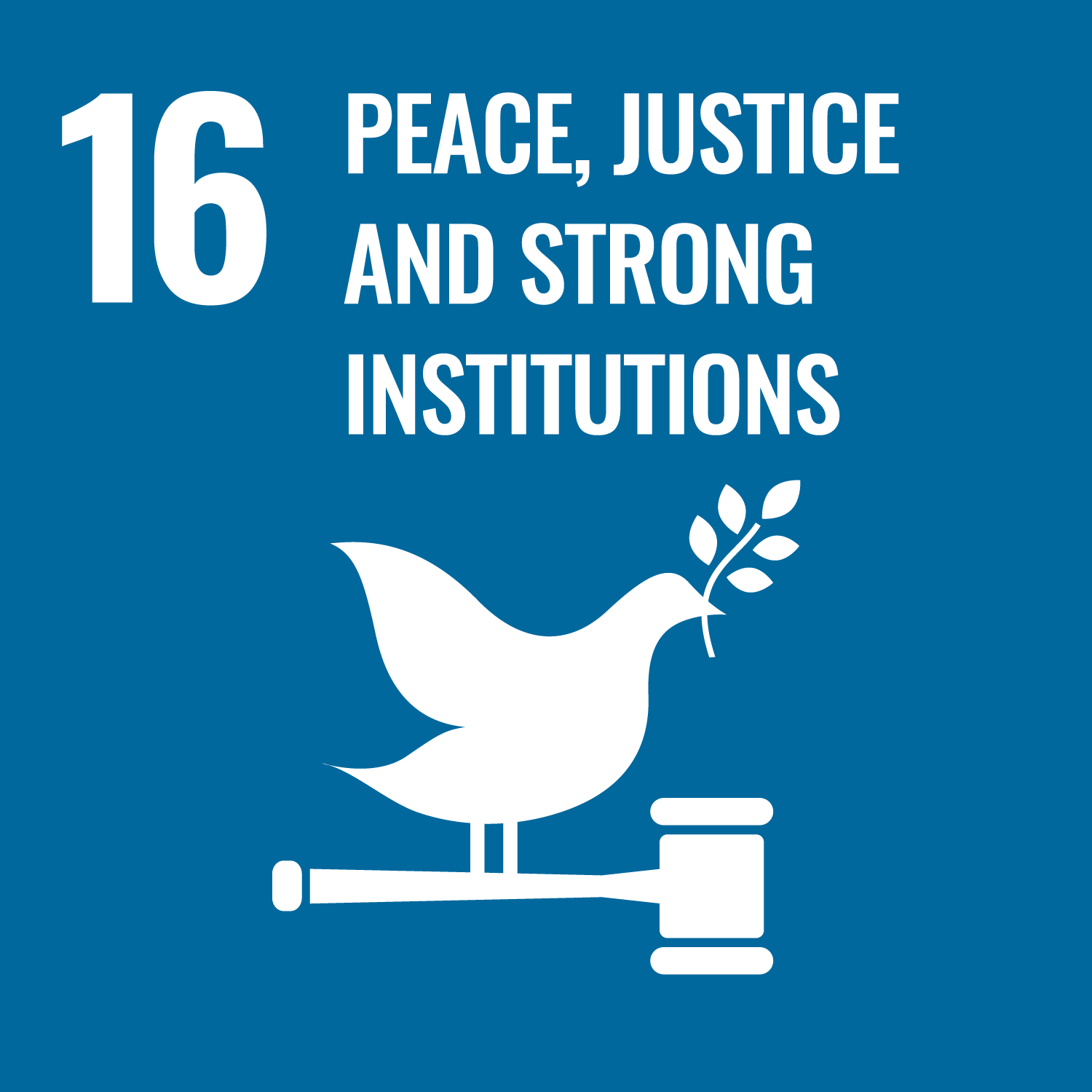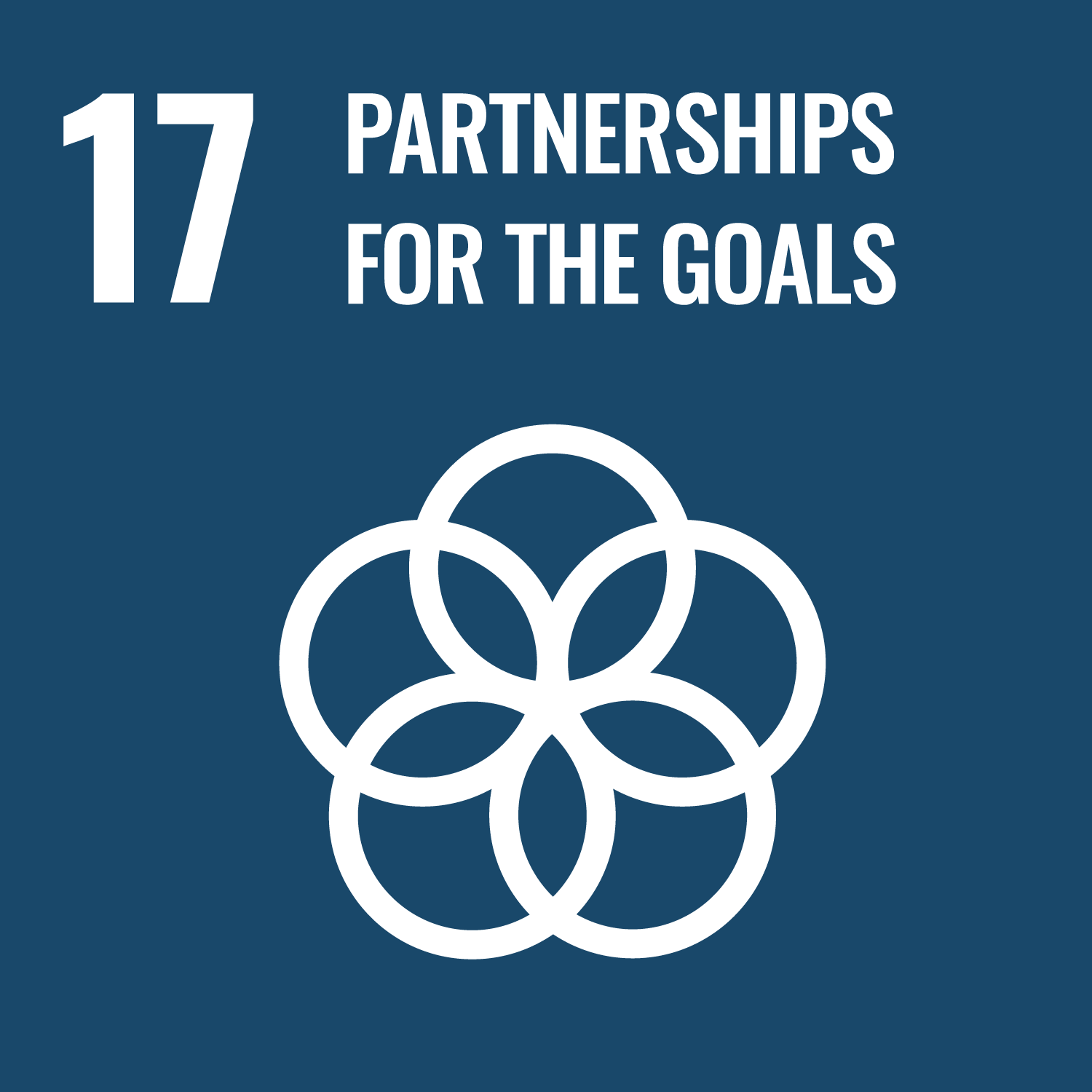Machismo and Cultural Traditions: A case study of women’s organisations addressing gender based violence in Buenos Aires
Despite noticeable progress Argentina continues to be plagued by a culture of machismo. Though not as openly aggressive or hyper-sexual as historically, men continue to impose a significant degree of superiority over women. Violence is commonplace within Argentine society, with violence against women socialised into the population and continuing at disturbingly high levels. At present a woman is murdered by her partner every thirty hours in Argentina (Casa de Encuentro, 2015b). Women face discrimination throughout all walks of their everyday life, no matter their wealth, class or social status. Through primary research conducted in Buenos Aires, Argentina during the summer of 2015 this dissertation uses online surveys, interviews with women’s organisations and participant observation to hypothecate a cyclical model of machismo and violence. This model illustrates how machismo’s normalisation of violence places an enormous strain upon women’s organisations, and non-governmental organisations in particular. Ultimately, the Argentine State has failed in its responsibility as a duty bearer to respect, protect and fulfil the human rights of all its population. Society’s frustration at this is becoming increasingly evident, culminating in the Ni Una Menos march in June 2015 which saw thousands take to streets across the country demanding an end to femicides. Yet, still it seems that it is only in the case of death that people are taking action. This dissertation proposes ways to change this and offers a more effective, sustainable path for the future to move forward to a society free from violence and gender discrimination, beginning with education.
| Item Type | Thesis (Masters) |
|---|---|
| Subjects | Human Rights & Development Studies |
| Divisions | Institute of Commonwealth Studies |
| Date Deposited | 13 Apr 2016 13:53 |
| Last Modified | 06 Aug 2024 04:46 |
